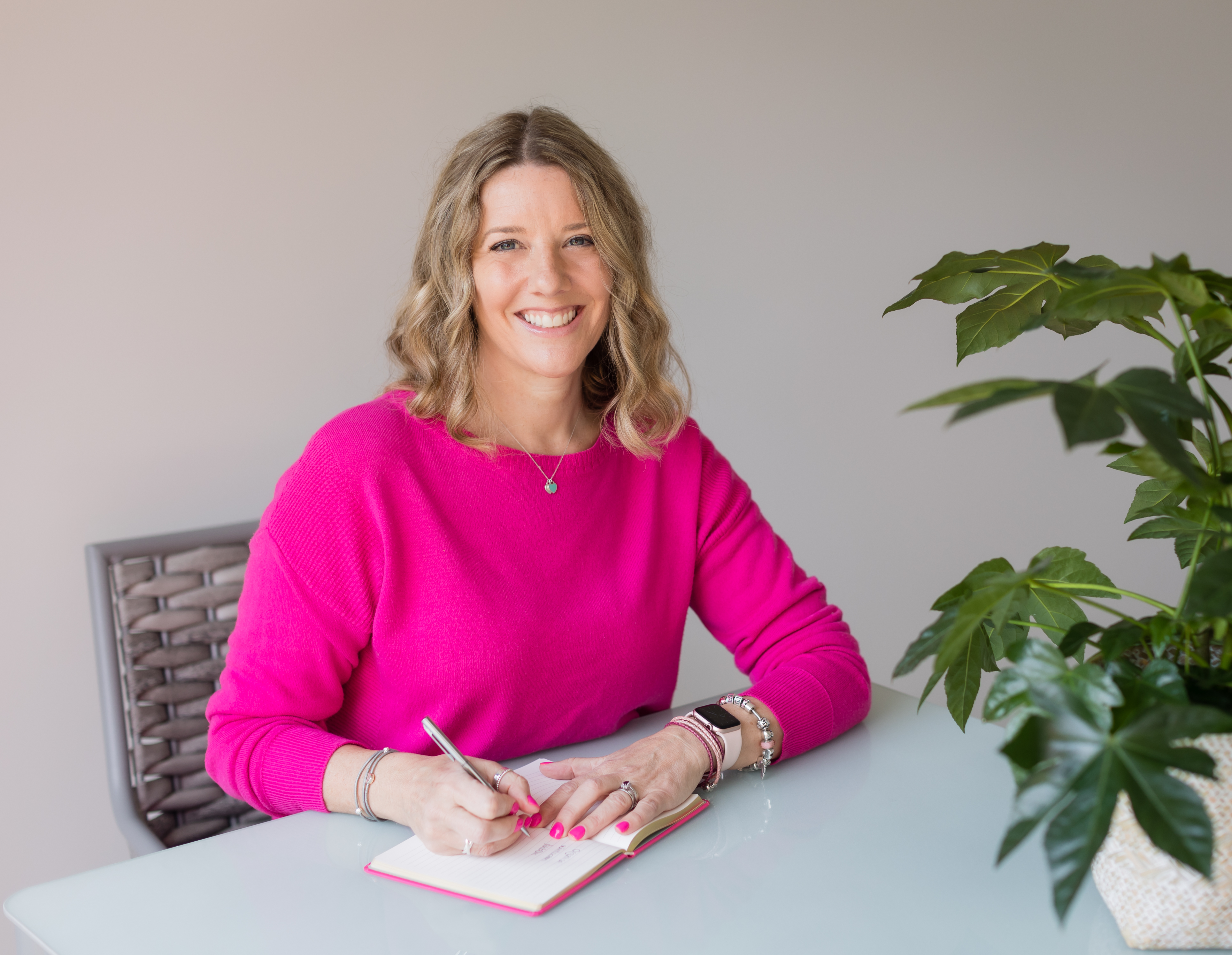WHAT TO DO WHEN SOMEONE DIES - HOW TO ORGANISE A HOME AFTER A BEREAVEMENT
- Jo from Benella

- Jan 19, 2024
- 3 min read
Updated: Apr 4, 2025

How to navigate this difficult time with my 5 top tips...
Losing a loved one is an incredibly difficult experience, and the process of dealing with their belongings can be overwhelming. As a professional organiser, I understand the unique challenges that arise when faced with organising a home after someone passes away. Selling my family home in 2020 after losing both my parents within two years of each other set me on a new path of understanding and helping many clients during their own difficult times.
In this blog, we'll explore five key points to help guide you through this emotional journey and make the process more manageable.
*This post may contain affiliate links which don't cost you a penny but pay a commission to this site.

My top 5 tips:
1. Ensure you have professional guidance before you begin. Dealing with the legal and financial aspects of a deceased person's estate can be complex. Using professionals such as probate lawyers will ensure all is in order before items are removed from the home.
2. Seek help from family and friends. Organising a home after a loved one's passing is a shared responsibility if there are other family members involved. Meet before anything is removed and communicate openly about decisions, respecting each person's emotional connection to specific items. One family member may have more responsibility due to location or abilities, so group emails or messages may help them not feel too burdened and help with decisions. Processing items can be a very personal journey but if you feel like you want more support by people not as emotionally involved, then ask good friends to support you or, of course, a professional organiser.
3. Start with compassion. Be kind to yourself. This is a job that no one wants to have to do. If the day you thought you would do something feels too overwhelming then practice self care and try another day. Acknowledge the grief and emotions that may surface. Be patient with yourself and others involved, recognising that each person copes differently.
4. Create a plan. My most important tip here is not to start with any area too emotional. Begin with the utility room, kitchen or garage. The wardrobe, bedroom, office and personal mementos can all wait.
Within each area create piles - items you want to keep, items for charity and those for discarding. Have a plan for each room and take photos so you can share with others for decisions if required. Ask a friend to be the one to take items to charity or the recycling centre.
I would also never recommend being at the house if you are using a house clearance company at the end. (My husband being there for this and me going away on a mini break with my best friend probably saved my sanity at such an awful time).
5. Preserve memories. Treasured memories are often intertwined with personal belongings. While decluttering, be mindful of preserving items that hold sentimental value. This can feel overwhelming when you start clearing, so consider storing some items if you cannot face them now but need them cleared. These boxes are great for the safe keeping of items in an attic or garage if required.

For those items you are bringing into your home, create a dedicated space for keepsakes. This may mean moving on some items of your own to be replaced by the inherited ones.
Consider digitising photographs or documents to ensure their longevity. This also allows you to share with other family members.
This approach allows you to honour the memory of your loved one while maintaining a clutter-free living environment.
Below is a link to some checklists designed to help people who have just had a loved one pass away.
In conclusion, organising a home after the death of a loved one is a delicate and emotionally difficult task. By approaching it with compassion, seeking professional guidance when needed, involving family and friends, creating a systematic plan and preserving memories respectfully, you can navigate this challenging process and create a space that honours the memory of your loved one. Remember, this journey is unique for each individual, so take the time you need and prioritise self care throughout the process.










Comments